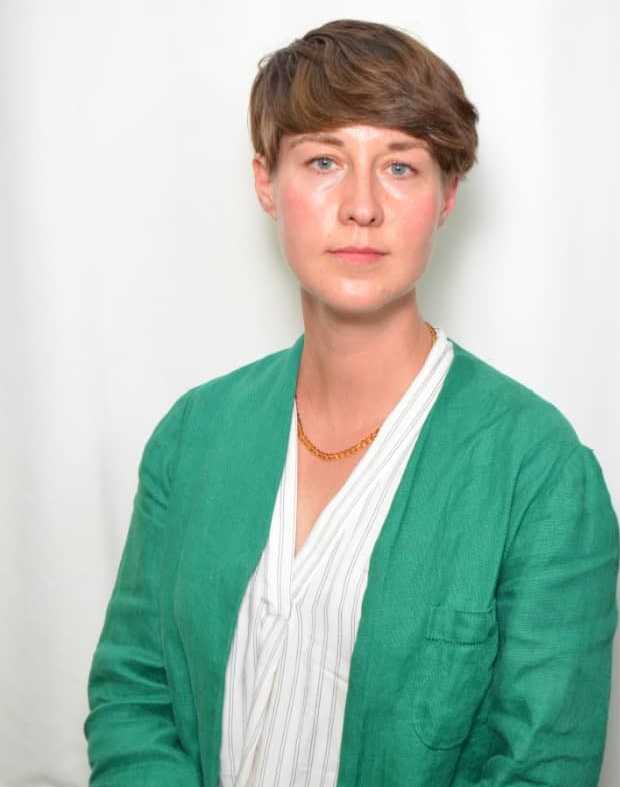Beneficial for humans and environment
Elizabeth Tilley has been appointed Associate Professor of Global Health Engineering in the Department of Mechanical and Process Engineering. Starting on 1 February 2021, the 41-year-old Canadian will contribute with her expertise to building up the new field of global engineering science at ETH Zurich.

Global engineering science is a fairly new branch in the engineering sciences. What attracted you to do this kind of research?
Global Health Engineering considers how all aspects of engineered systems, the natural environment, as well as human physical and mental health are interconnected. It’s exciting for me because it’s so interdisciplinary and allows me to think about big, complex systems. I love that I get to work in the lab, in the field, and with so many different people: no two days are the same!
What is the goal of your research?
My work looks at ways of reducing the negative impacts of modern life on human and environmental health, particularly in urban areas of low-income countries. I am interested in technologies and systems that can convert wastes – human, plastic, organic – into beneficial, useful, and economically feasible products that reduce the burden on humans and the natural environment.
What are the biggest challenges?
The biggest challenges in every type of applied research are related to implementation. Engineering can only take us so far: the user’s acceptance, the regulatory and legal framework, the economic feasibility, and the politics of the community or country are equally, if not more important than the actual technology. This position allows me to work across disciplines and train the future engineers who will need to do the same.

Why did you originally choose to go into engineering?
I was really lucky growing up: my parents were ahead of their time and didn’t make a distinction between “boy” or “girl” toys, so I played with everything. One of my earliest and most favorite gifts was a dump truck and hard hat. I think that was probably a sign that I was going to be an engineer!
You’ve lived in a developing country for the past five years. How does it feel to return to a highly industrialized country such as Switzerland?
On one hand, I love to walk through the old town, stop and buy a small box of Luxemburgerli and take in the view of the mountains. On the other hand, I am constantly reminded of all the work we have to do to achieve the same pristine environment, quality education, efficient transportation, and social welfare that Switzerland has. I am very grateful for all the amenities that I have access to, but certainly don’t take them for granted.
What will you miss most from your life in Malawi?
Mostly I will miss my students. I taught four different courses every year for five years and so met hundreds, maybe thousands of clever, ambitious inspiring young people. Academically, I got to see many of them progress to new jobs or graduate school, which always made me immensely proud.
Outside of work, I will certainly miss all of the natural beauty: on any given weekend, I could hike 3000 meters up external page Mount Mulanje, snorkel with cichlids in external page Lake Malawi, or see the Big Five, that is elephants, rhinoceros, lions, leopards and buffalos, at one of the nearby external page game reserves - everyone should try to visit Malawi when they can!
Why did you decide to take up the position at ETH Zurich?
I cannot think of any reason not to! ETH attracts the top students and faculty from around the world, the resources and infrastructure are unmatched, and there is a tangible sense of curiosity and creativity. I get a sense that I am entering a special place where everyone works hard, thinks big, and wants take on the big problems facing the world. ETH is a place where anything is possible!
Would you tell us one thing about yourself that we cannot learn from your CV?
I love animals. I embraced the opportunity to have a large property in Malawi and would rescue various animals that were homeless or were going to be killed. Before I left, I had four turkeys, seven ducks, two cats, two dogs, and about a dozen chickens. I was thinking to bring them to Zurich, but I think the apartment would be too crowded. They have all found new homes now, but I miss them very much!
Short profile
- 2015-2021 Senior Lecturer, University of Malawi, Malawi
- 2010-2015 Doctoral Degree in Development Economics, ETH Zurich, Switzerland
- 2007-2010 Project Officer, Eawag, Switzerland
- 2004-2006 Master’s Degree in Civil Engineering, Pollution Control and Waste Management, University of British Columbia, Canada